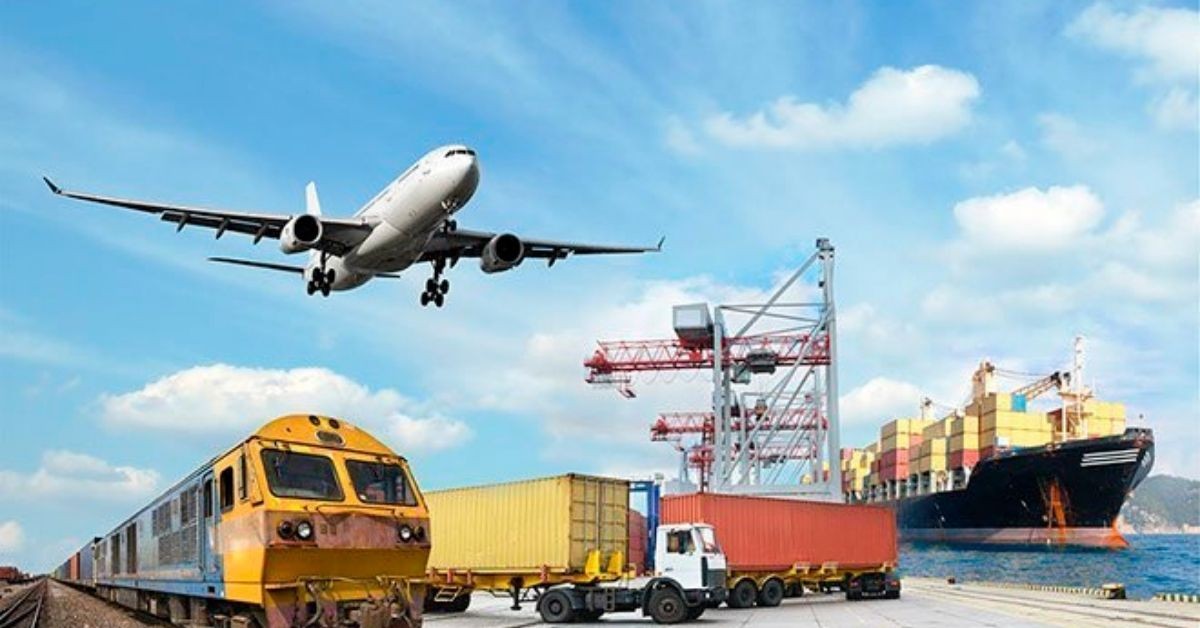During the pandemic, government agencies and industries like financial services and telecommunications accelerated their adoption of machine-learning tools. But many involved in trade were caught in analog, paper-laden transactions playing catch-up.
Now, after three years of historic trade disruptions, generative AI and language-learning models have emerged just when governments and companies need them to better manage the world’s convoluted supply lines.
“On the longer time horizon, we’ll see highly accurate predictive analytics and forecasting driven by integrated data from each step in the supply chain,” said Julie Gerdeman, chief executive officer of supply-chain risk assessment firm Everstream Analytics. “This will automate decision-making to mitigate risk exposure and disruptions, leading to fully resilient, sustainable, and risk-adjusted supply chains.”
Analyzing trade data is a notoriously complicated practice. Sorting through hundreds of millions of shipment records scattered across subsidiary names and freight forwarders in unstructured, error-prone datasets can be a Sisyphean effort.
But AI tools are helping many organizations simplify trade-data analysis in ways that may help smooth cross-border commerce — a notoriously labor-, spreadsheet- and carbon-intensive engine of the world economy.
Private trade-data companies like the Scottsdale, Arizona-based ImportGenius uses machine-learning tools like Amazon SageMaker to recognize customs patterns, scan regulatory documents and translate foreign languages to produce clear and accurate trade data that’s easy to search and analyze.
“We are building a language-learning model to serve as an antenna to detect, receive, and incorporate these indicators into our platform,” ImportGenius Chief Technology Officer Paulo Mariñas told Bloomberg via email.
Meanwhile, multinational companies like Nestle SA are applying AI tools to increase efficiencies and detect emerging problems across its global value chains. The Switzerland-based food and drinks company uses machine-learning software to detect product-quality issues and ensure Nestle’s manufacturing lines are self-regulating and self-controlling.
Mercedes-Benz Group AG is using an AI-powered platform called Omniverse that helps make the company’s manufacturing and assembly plants be more nimble. Omniverse helps the German car manufacturer quickly reconfigure its factories in order to keep production lines going in the face of external supply shocks. While AI is disrupting a lot of industries, the upside in trade is especially high. That’s because the past half decade of globalization was largely about reducing obstacles to free-flowing goods, services and investment. In the next phase, a steady rise in barriers like tariffs, sanctions and geopolitical uncertainties will test even the most seasoned logistics teams to manage the new complexities.







